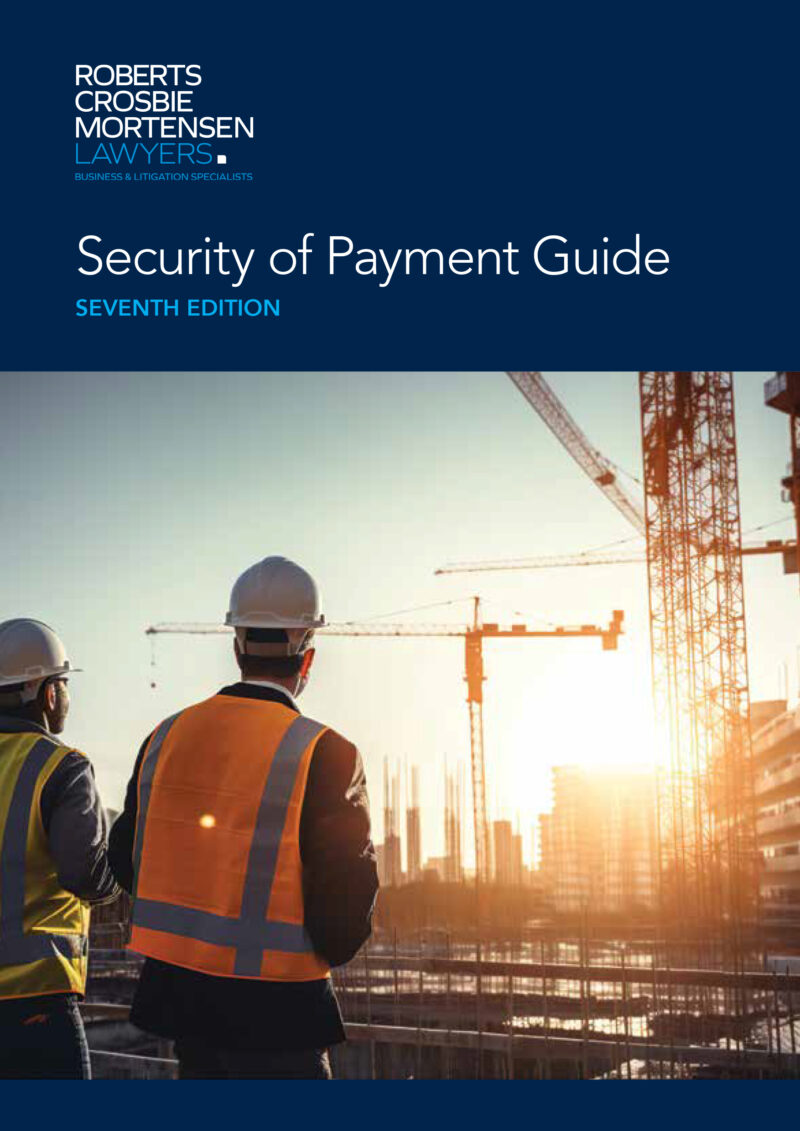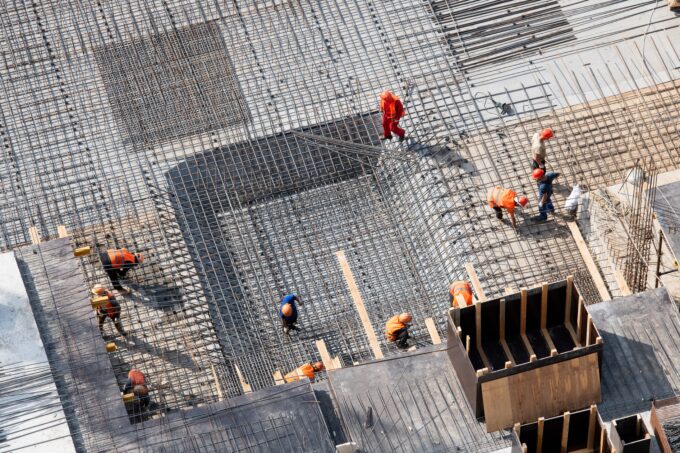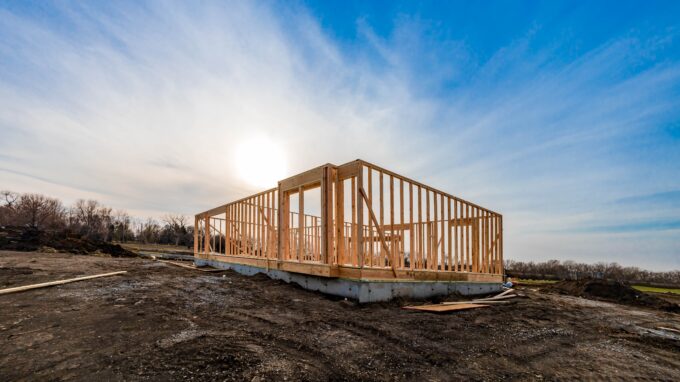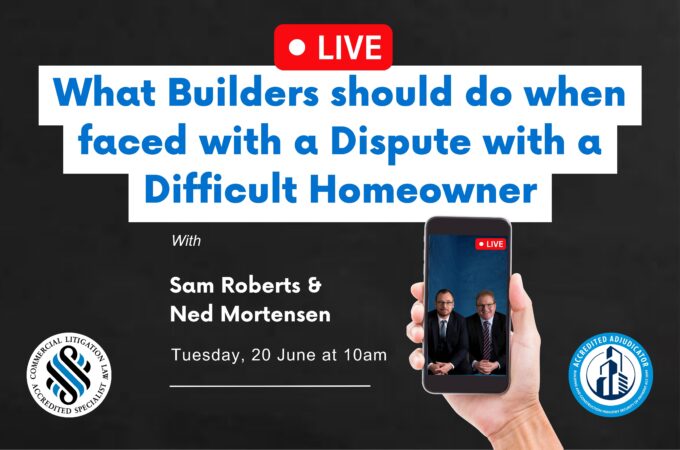An Adjudicator may not determine an Adjudication Application until after the period that a Respondent has to lodge an Adjudication Response has expired.
An Adjudicator is otherwise required determine an Adjudication Application as expeditiously as possible and, in any case:
- where a Respondent is entitled to submit an Adjudication Response;
(a) within 10 Business Days after the Adjudication Response is submitted, or
(b) if an Adjudication Response is not lodged, the end of the period within which the Respondent is entitled to lodge a response, or
- in any other case–the date on which notice of the adjudicator’s acceptance of the application is served on the claimant and the respondent, or
- within such further time as the Claimant and the Respondent may agree.
Specifically, when making a Determination, the Adjudicator is to determine:
- the amount of the progress payment, if any, to be paid by the Respondent to the Claimant (“the Adjudicated Amount”),
- the date on which the Adjudicated Amount became or becomes payable, and
- the rate of interest payable on the Adjudicated Amount.
The Adjudicator’s Determination must be in writing and include the reasons for the determination (unless agreed otherwise).
An Adjudicator may not consider or determine any other claim that might exist between the Claimant and the Respondent, for example, a common law claim for damages for breach of contract or a claim under the law of misleading or deceptive conduct.
Provided that the Adjudicator otherwise makes a Determination in accordance with the Adjudication Procedures, the Adjudicator is free to determine the application as they see fit save only that, if a value of any work or related goods or services has been determined by an Adjudicator in connection with an earlier Adjudication Application, the Adjudicator must give the same value as previously determined unless a party can show that the value has changed since the previous Determination.
Before an Adjudicator will release their Determination to the parties, the Claimant will typically need to pay the Adjudicator’s fees in full, even though they will usually be able to recover at least half of the Adjudicator’s fees once the Determination is received.
If an Adjudicator who has accepted an Adjudication Application does not give a Determination within the time allowed, the Claimant may:
- withdraw the Adjudication Application, by giving notice in writing to the Adjudicator, and
- make a new Adjudication Application within 5 Business Days after the Claimant became entitled to withdraw the previous Adjudication Application.
An Adjudicator will not, however, have failed to determine the Adjudication Application within the allowed time if they have notified the parties that a Determination has been made and are awaiting payment of their fees before releasing the Determination.


























